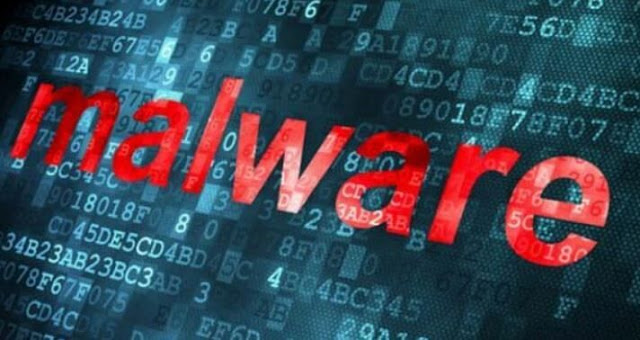Trojans, Backdoors and Droppers the Top Three Malware Globally?

According to a few recent surveys and analysis conducted by some well-known and influential cybersecurity agencies, there are approximately 3 top malwares that the users should be aware of.
‘Gate-crashing’ enterprises and users globally are Trojans, Backdoors, and Droppers which comprise 72 percent of the total cyber-attacks across the globe, as per anonymized statistics from free requests from Kaspersky Threat Intelligence Portal.
The statistics likewise show that the different sorts of malware that researchers most frequently examine and investigate don’t harmonize with the most widespread ones.
By and large, submitted hashes or dubious uploaded files ended up being Trojans (25 percent of requests), Backdoors, a malware that gives an attacker remote control over a computer (24 percent), and Trojan-Droppers (23 percent) that install different malignant objects.
Denis Parinov, Acting Head of Threats Monitoring and Heuristic Detection explains “We have noticed that the number of free requests to the Kaspersky Threat Intelligence Portal to check viruses or pieces of code that insert themselves in over other programs, is extremely low less than one percent, but it is traditionally among the most widespread threats detected by endpoint solutions,”
Later added, “Viruses are rarely of interest to researchers, most likely because they lack novelty compared to other threats.”
Despite the fact that Trojans are typically the most widespread type of malware, however, Backdoors and Trojan-Droppers are not as common as they just make up 7 percent and 3 percent of every malevolent file blocked by the Kaspersky endpoint products.
The researchers say, “This difference can be explained by the fact that researchers are often interested in the final target of the attack, while endpoint protection products are seeking to prevent it at an early stage,”
Nonetheless, in order to develop response and remediation measures, security analysts need to distinguish the objective of the attack, the root of a malignant object, its prominence, and at the end, the report specified that it’s the security researchers who need to identify all components within the dropper.
If you like the site, please consider joining the telegram channel or supporting us on Patreon using the button below.


![[AKIRA] - Ransomware Victim: Diedrich Coffee 3 image](https://www.redpacketsecurity.com/wp-content/uploads/2024/09/image-300x300.png)